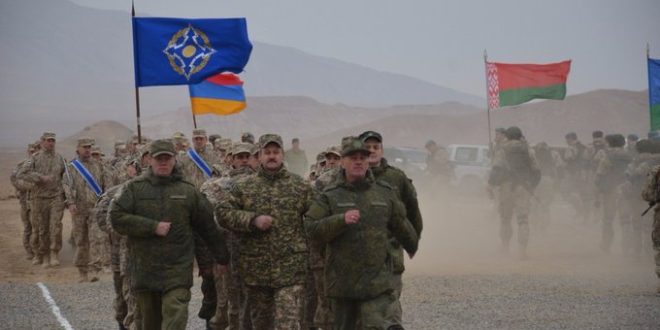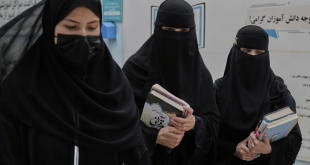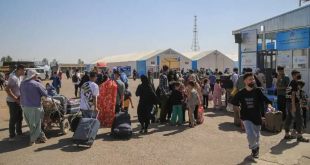KABUL – Tajikistan has sharply intensified deportations of Afghan refugees, a move driven less by immigration control and more by deepening national security fears. Authorities have issued stern warnings for thousands of Afghans—many of whom have lived in Tajikistan for years—to leave within 15 days or face forced removal. Since early July, hundreds have been detained and deported, especially near Dushanbe’s outskirts, with many refugees now confined to their homes out of fear.
At the heart of this crackdown is Tajikistan’s escalating anxiety over the Taliban’s growing political and military ties with the Collective Security Treaty Organization (CSTO)—a Russia-led alliance of Central Asian countries including Tajikistan itself. As the Taliban consolidates power and deepens relations with CSTO members, Dushanbe fears a rise in Taliban-linked militant activity along its porous southern border.
Unlike its neighbors Iran and Pakistan, which maintain working relationships with the Taliban government, Tajikistan has steadfastly refused diplomatic recognition, viewing the Taliban as a destabilizing force threatening its sovereignty. Tajik authorities worry militants could exploit refugee flows to infiltrate Tajik territory, spreading extremist ideologies or engaging in illicit activities such as drug trafficking.
Human rights groups and the United Nations High Commissioner for Refugees (UNHCR) have condemned the deportations, warning that many returnees—including former Afghan government officials and soldiers—face severe risks of persecution, violence, and even execution under Taliban rule. Afghanistan’s humanitarian crisis deepens, with millions suffering extreme poverty and hunger, and each forced return adding pressure to a country in collapse.
Tajikistan’s stance reflects a grim calculus: prioritize border security and national stability over humanitarian concerns. This approach starkly contrasts with Iran and Pakistan’s more conciliatory relations with the Taliban and highlights the fracturing geopolitics of the region.
For many Afghans in Tajikistan—some ethnic Tajiks themselves—the deportations reopen wounds from a violent past. During Tajikistan’s own civil war in the 1990s, hundreds of thousands fled the country, many to Afghanistan. Now, decades later, it is Afghan refugees facing expulsion and uncertainty.
As Taliban influence spreads and regional alliances shift, Tajikistan’s hardline refugee policies underscore the fragile balance between security and human rights in one of the world’s most volatile borderlands.
 Afghanistan Times
Afghanistan Times




